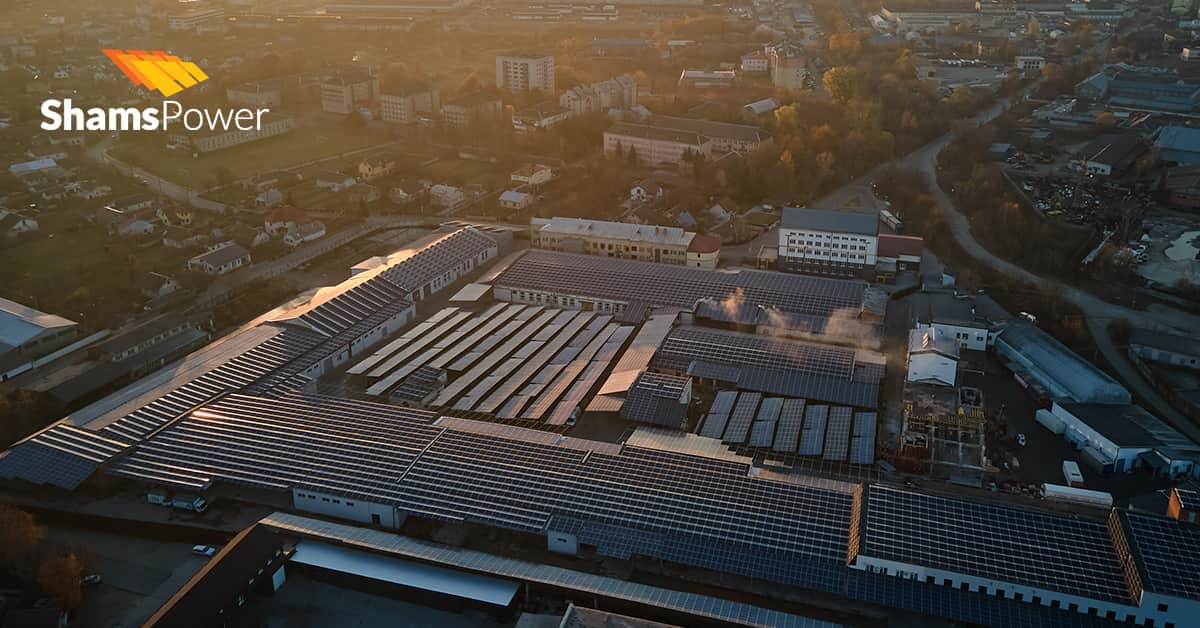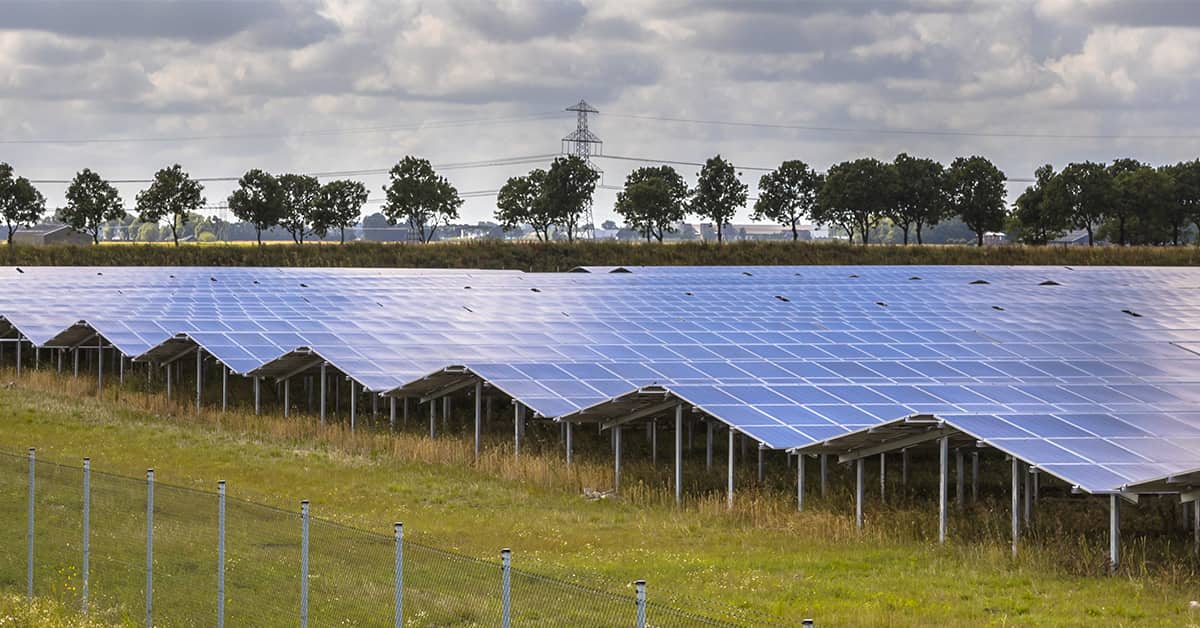Advantages of the solar energy system for commercial and industrial sectors
Solar power is the conversion of solar energy into
useful electricity. Solar power's most common base is photovoltaic cells, which
convert sunlight into energy. Reduced pollution is without a doubt one of the
most significant benefits of solar panels.
Solar energy benefits the environment without a
doubt. Reducing reliance on harmful fossil fuels reduces strain on restricted
resources while also ensuring that the world's ecosystem remains healthy.
However, there are various variables to consider while incorporating solar into
your domain. Take the time to learn about the advantages and disadvantages it
might bring to your company. If you're thinking about converting to solar
energy, you should be aware of the full scope of your investment.
Earn a Good ROI
Solar panels may appear to be a costly investment,
but they are one of the finest methods to invest your money. The significant
power bill savings from solar energy system will almost certainly pay
for itself in a few years.
Protection from Energy Crisis in Pakistan
One of Pakistan's most severe challenges is the
energy crisis. Businesses and industries are the worst hit by the power outage,
and our economy will eventually suffer as well. The administration has been
attempting to tackle the electrical issue for several years. Nevertheless, if
adequate planning and implementation are not carried out, the situation may
escalate to a more catastrophic level. Going solar now will allow you to own
your powerhouse, which will allow you to lower the demand for electricity from
the national grid and contribute any extra energy you generate to the national
grid.
Solar Energy Systems are Durable
Because solar panels have no moving parts, they are
less prone to damage or system failures, reducing the risks of service
disruption. Solar panels can withstand high winds and harsh weather conditions,
including rain, snow, and hail. They also require little maintenance, and a
single PV system can endure for 25 to 30 years. They continue to produce power
beyond the 25-year term, but the efficiency of the panels and equipment
decreases.
Reduce Your Electricity Bills
Summers have been lasting roughly 7 to 8 months in
recent years. Summers become dull and tiresome as a result of this. Solar panel
systems installed in your industry or commercial building might not only cut
but eliminate your power expenditures. Even if you don't create 100% of the
energy you need daily, you'll be able to save a lot of money on your
electricity bills.
Protect Environment
One of the most significant advantages of a solar
panel system is a green solution that allows you to lessen your carbon imprint on
the planet. CO2 emissions have decreased in several places since the epidemic
ravaged the world. However, other analysts argue that it is not because of the
lockdown but rather because of the reduced demand (and hence burning) of fossil
fuels due to the increased usage of renewable energy supplies.
Low Maintenance
Except for frequent cleaning of solar panels, solar
net metering systems don't require much maintenance.
Financial Savings
Predictably, most business solar clients are
motivated by a desire to save money. You may balance your power expenditures
with free electricity generated from the sun by installing PV panels. And those
savings build up quickly, with most of the systems we install for our clients
paying for themselves in 8 to 12 years on average.
Boost Sales
These are for industrial and commercial clients that
are constantly looking for methods to increase their sales. According to
studies, consumers are more inclined to buy from firms that are supportive of
innovation and take environmental conservation measures. Going solar will help
your firm increase sales by demonstrating to customers how devoted you are to
environmental stewardship.
Other Solar Energy Benefits
On-grid and off-grid solar electricity are both
viable options. Because installing electricity lines in remote or isolated
places is too expensive, people living in these areas can substantially benefit
from off-grid solar energy solutions. Farmers may make use of it by building
solar tube wells, solar water pumps, and other similar devices to boost their
agricultural output without incurring additional costs. Many city people choose
off-grid solar energy options because it relieves the stress of regular power
disruptions. Many
solar-powered household appliances are now available, allowing you to save
money. Another way to use solar power is to make the most of its limitless
energy.
The National Electric Power Regulatory Authority
(NEPRA) recognised Shams Power, a leading energy transformation service
provider, as one of the first enterprises in Pakistan to hold a Distribution
License in 2019.
Before installing solar, Shams Power assists our
clients in making as many energy efficiency improvements as feasible. This
helps to minimize your carbon footprint, but it also reduces the number of PV
panels required to meet your present and future solar energy
system needs.
If you want to know how we can help you save your
energy bills, contact us at +92) 0341 7426777, email us at
sales@shams-power.com, or visit our website: https://shams-power.com/




.jpg)

Comments
Post a Comment